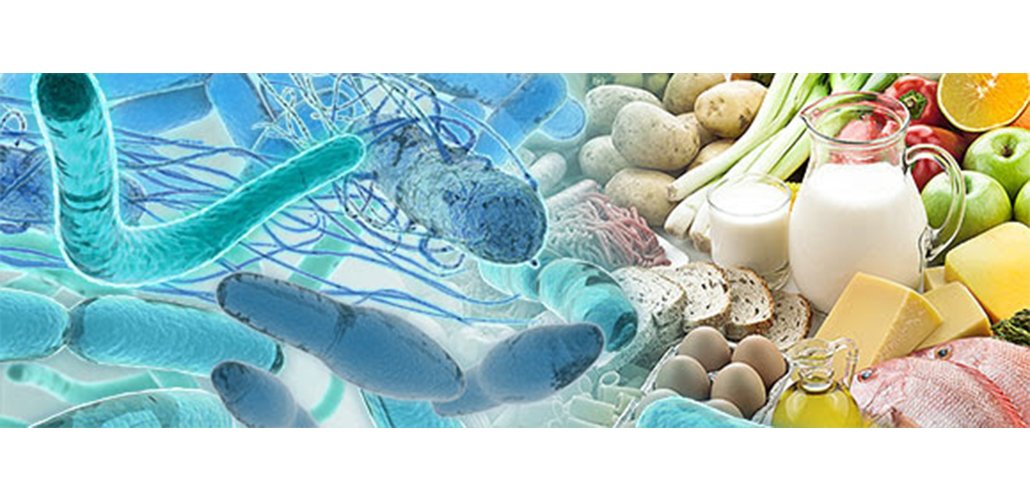Inside BENEO’s new pulse plant: pioneering sustainable protein from faba beans
Dr Chai Lay Ching, food microbiologist from Faculty of Science, University of Malaya (UM), proposed a solution to identify pathogenic bacteria in food based on the detection of specific volatile organic compounds (VOCs) produced by bacteria.
Microorganisms are known to emit specific VOCs as gases during the process of breaking down food. The VOCs are a diverse group of carbon-based chemicals that are volatile at ambient temperature and can be detected through smell. Different types of bacteria produce their own VOC signatures. These findings have led the researcher to develop a novel and rapid method to detect bacterial spoilage in food products in a real-time fashion and non-destructive manner.
VOCs analysis has been used in clinical diagnosis of various bacterial diseases in humans, such as detection of Clostridium difficile, C. jejuniand Vibrio cholerae in patients’ stools. Preliminary laboratory results showed a distinctive VOC-profile associated with C. jejuni in specific laboratory conditions, suggesting the potential of VOC-based biosensors or electric noses that can sniff out these highly pathogenic bacteria in food.
“I accidentally found that Campylobacter produces a very specific scent when we grow them on the agar plate. This allowed me to correctly identify samples with Campylobacter from the negatives ones,” Dr Chai explained.
The findings from this study will generate a database of volatilome of foodborne associated Salmonella and C. jejuni contamination in raw chicken and different carbon substrates.
This work is key for future development of a real-time monitoring system that meets the ideal high-throughput detection criteria. It can be automated, is easy to perform and instantly detects contamination. The application will be key in saving lives and reducing morbidities-associated with these bacteria, as well as helping the food industry to save cost.
The successful completion of this project will lead to a better understanding of bacterial metabolism and adaption in different types of substrates, which will help us understand the impact of environment on bacterial growth.

